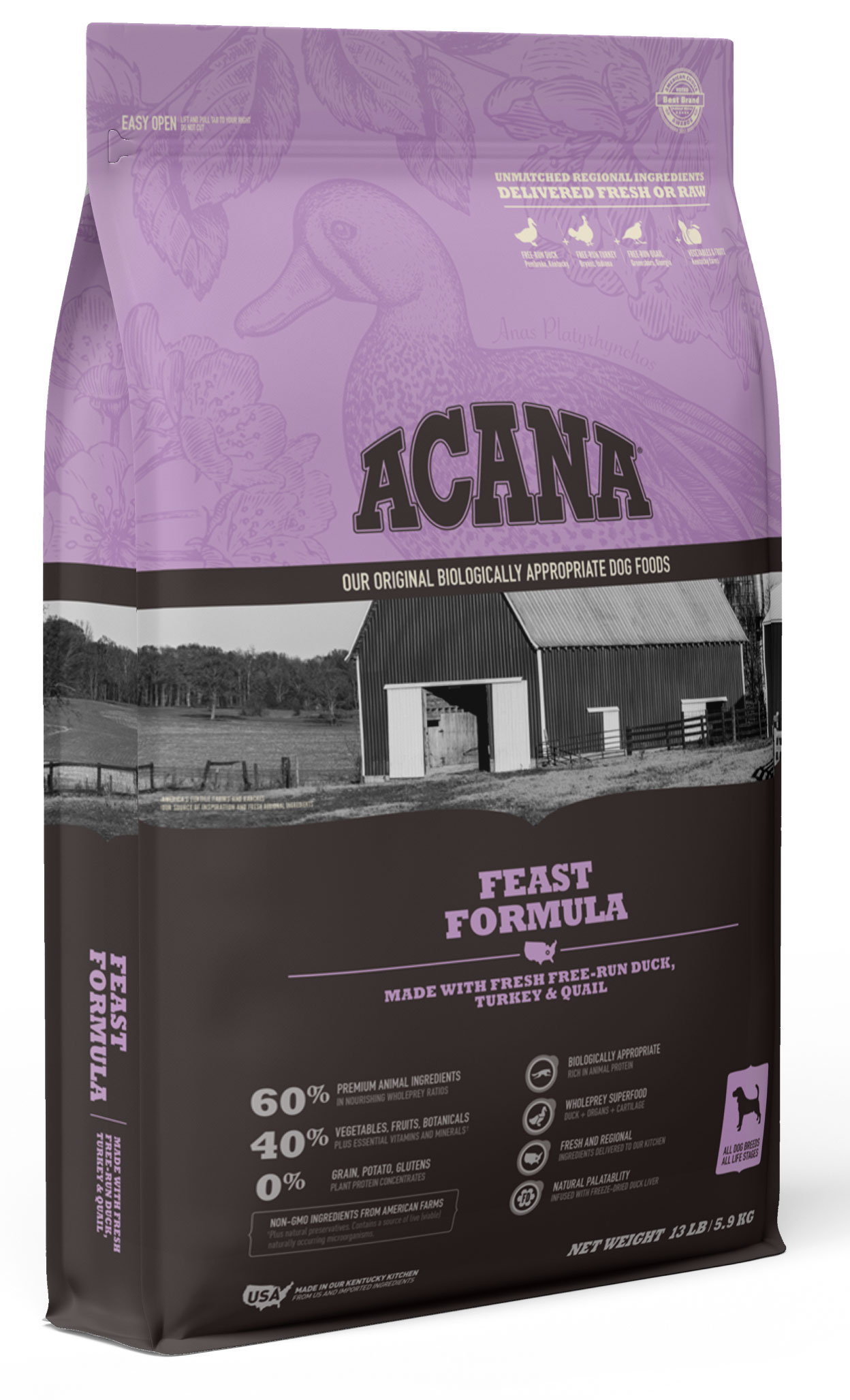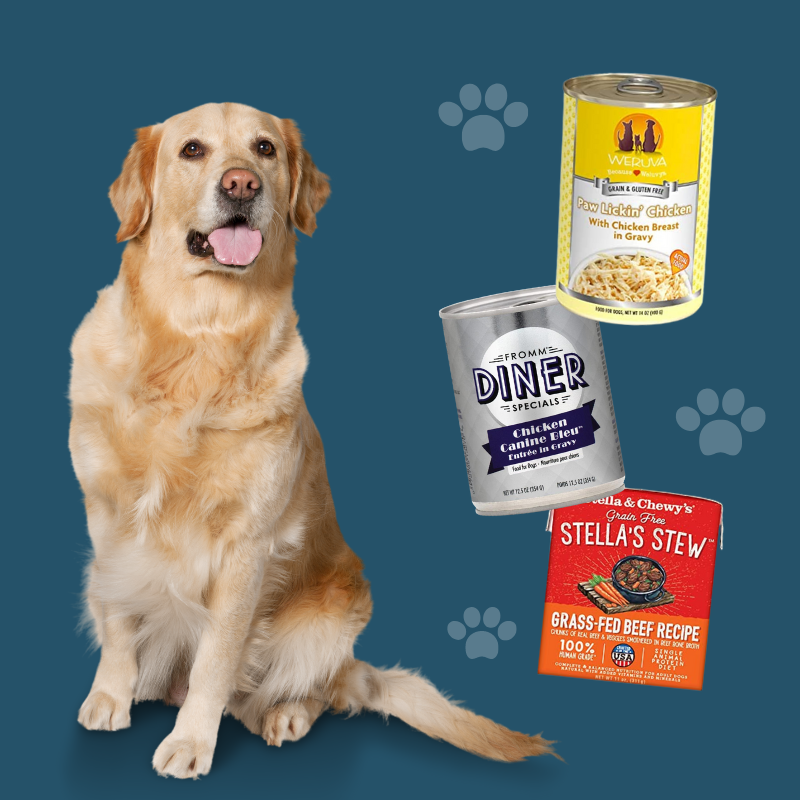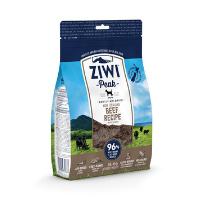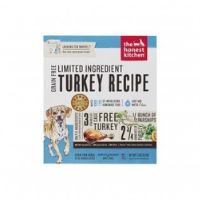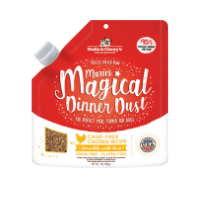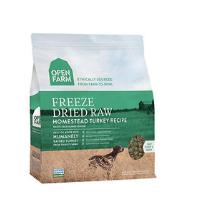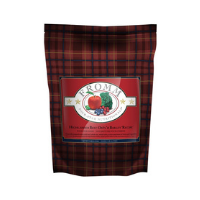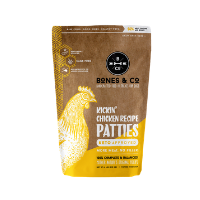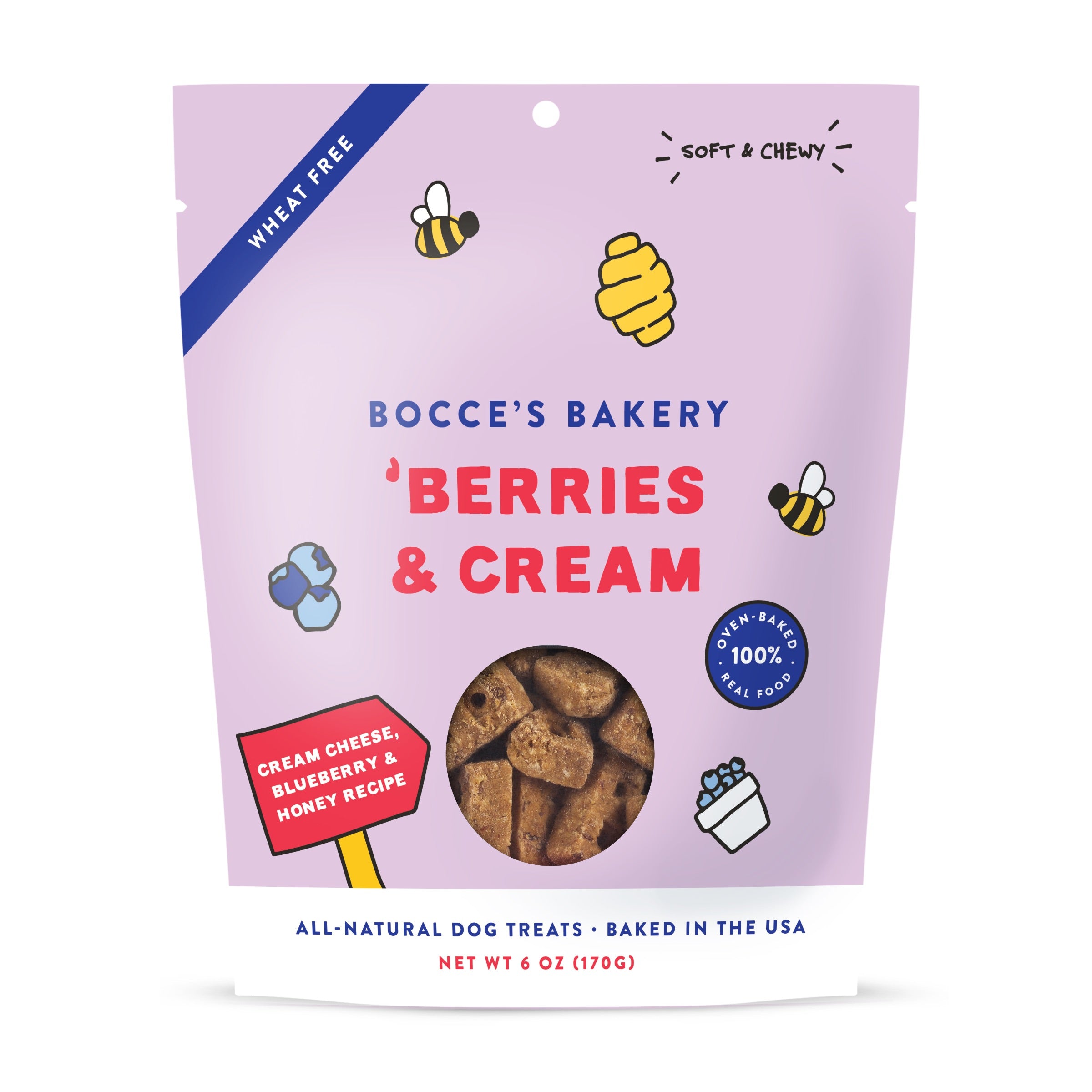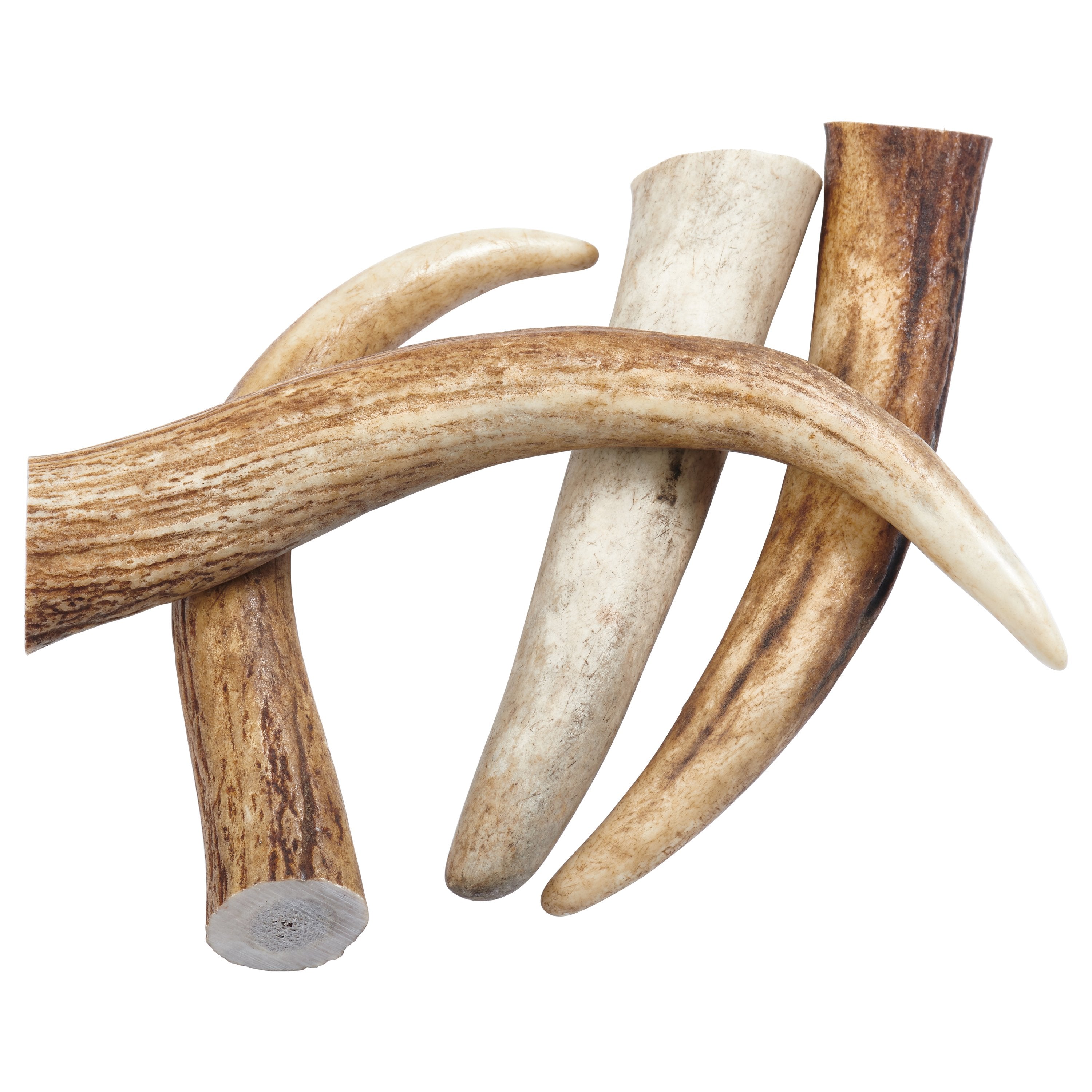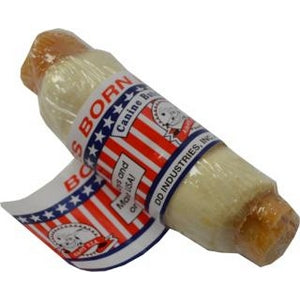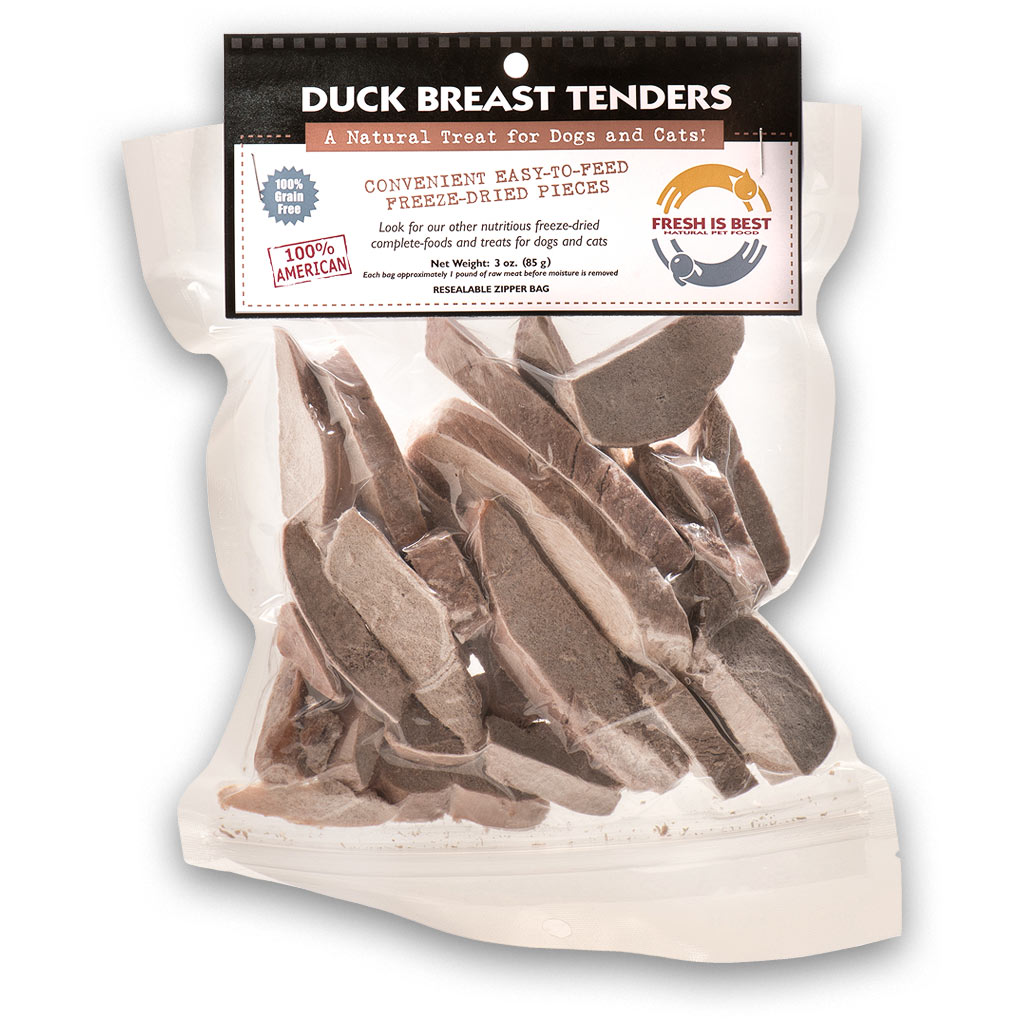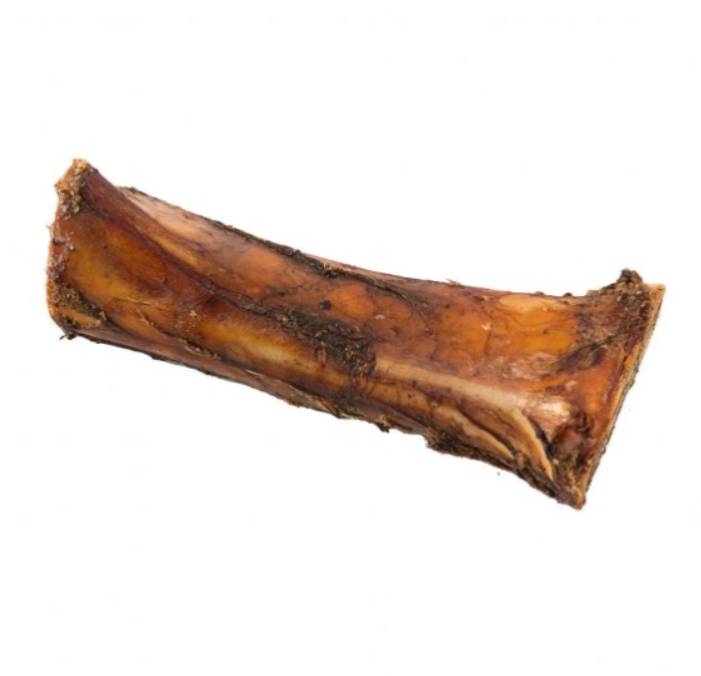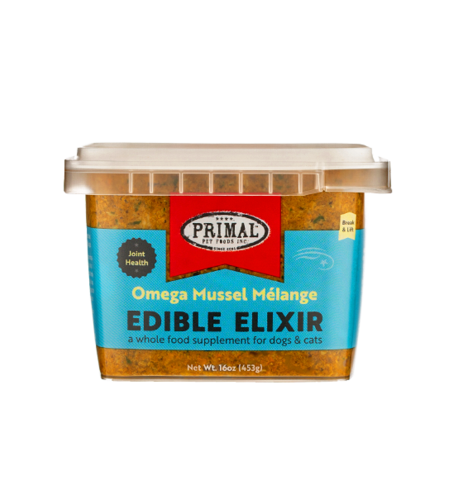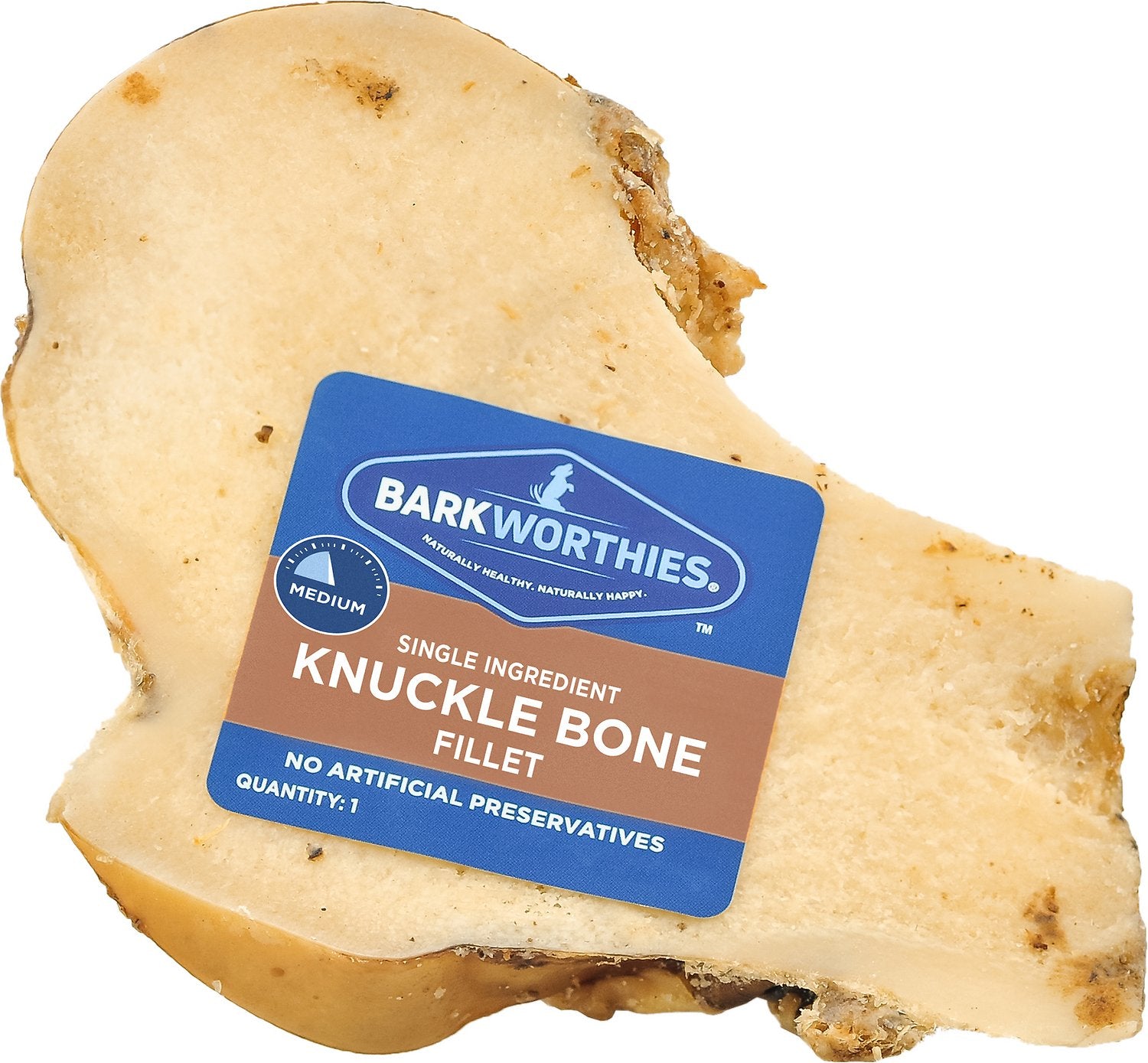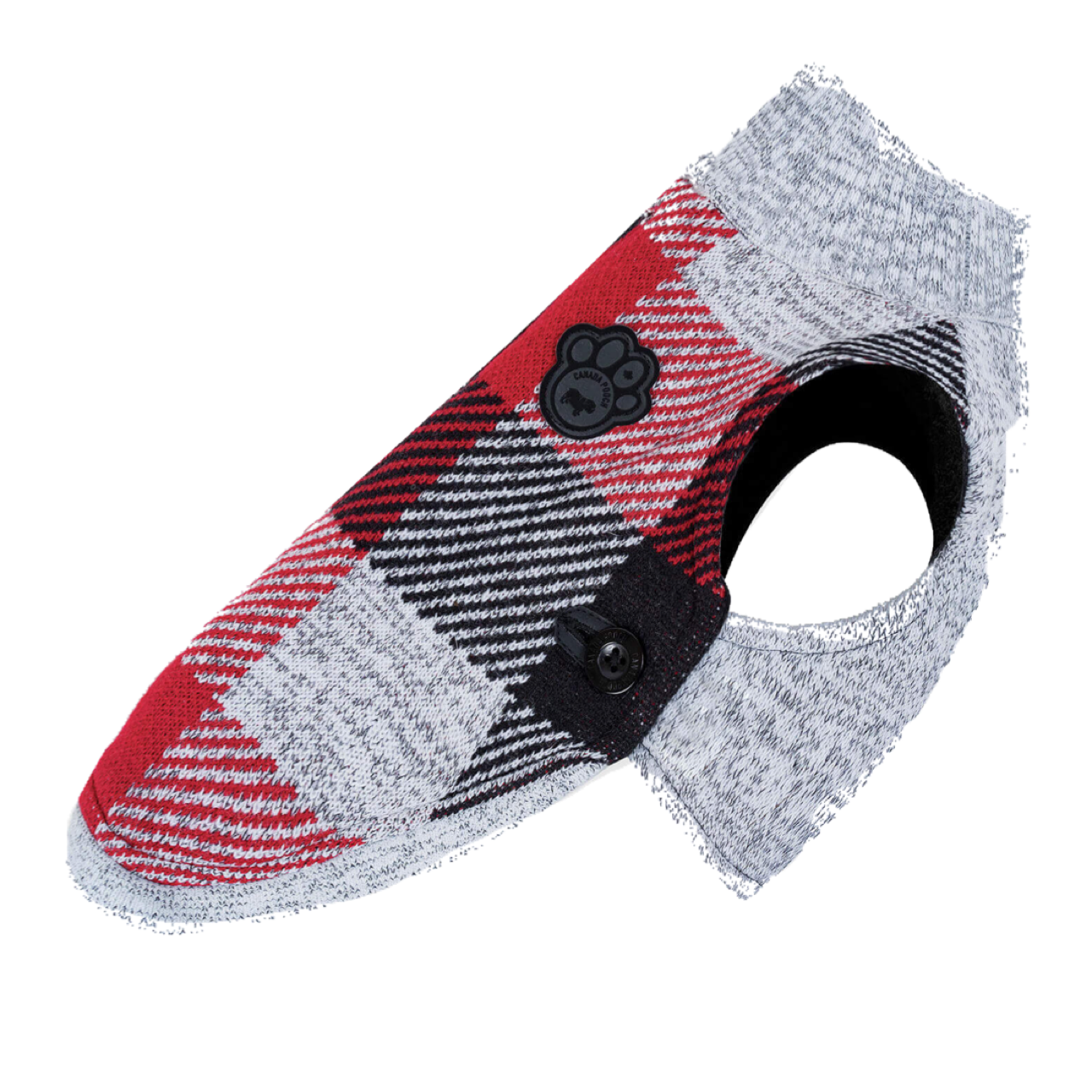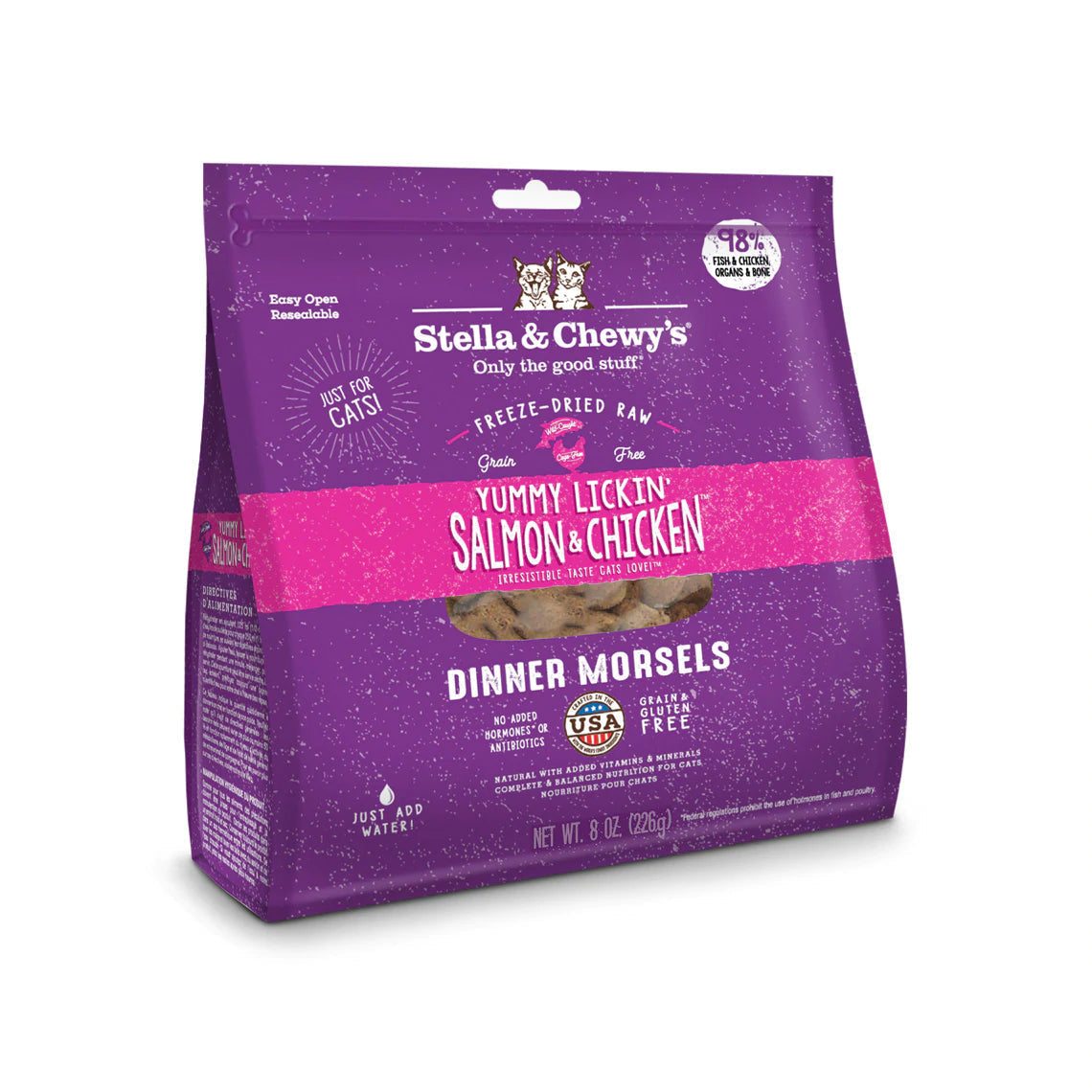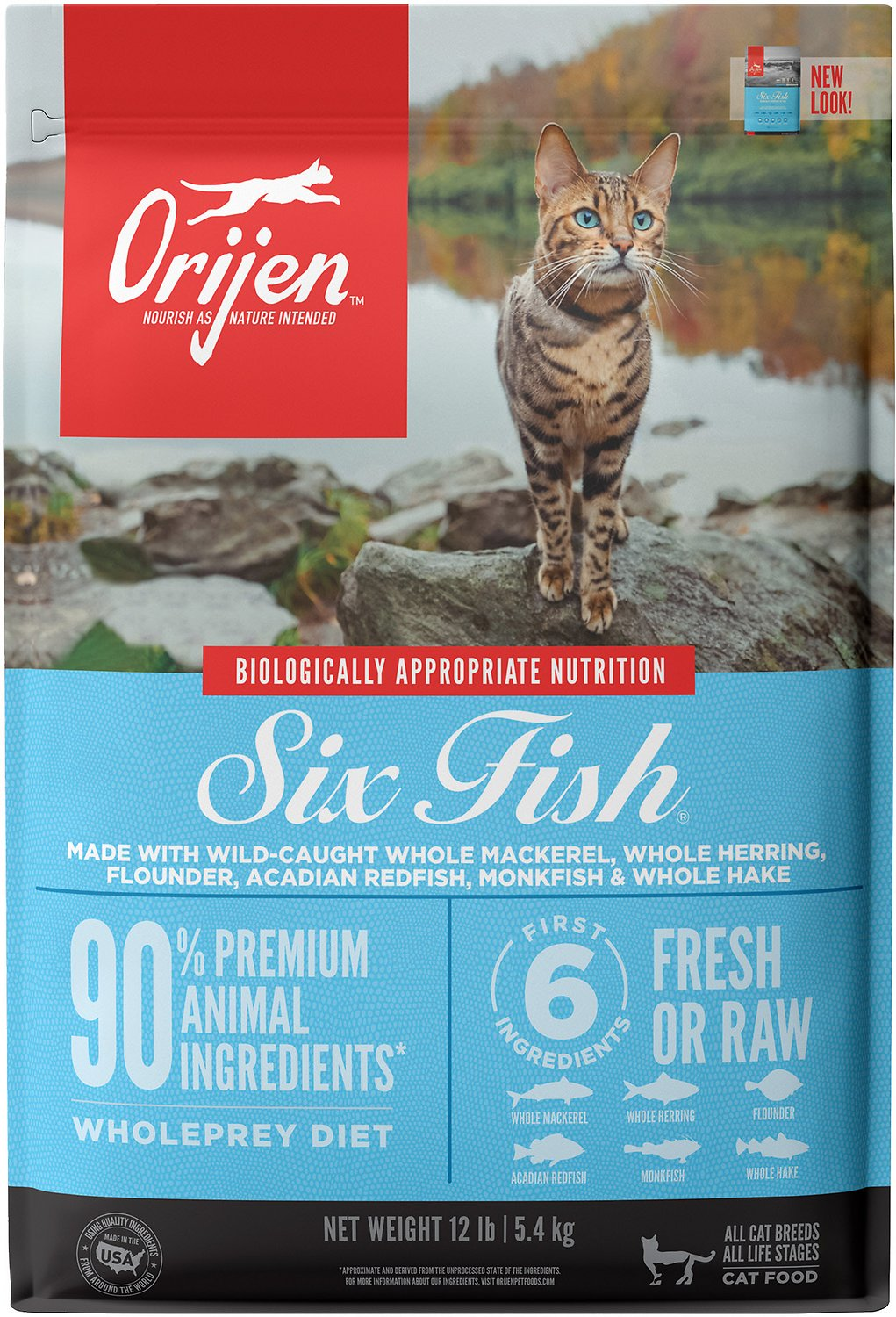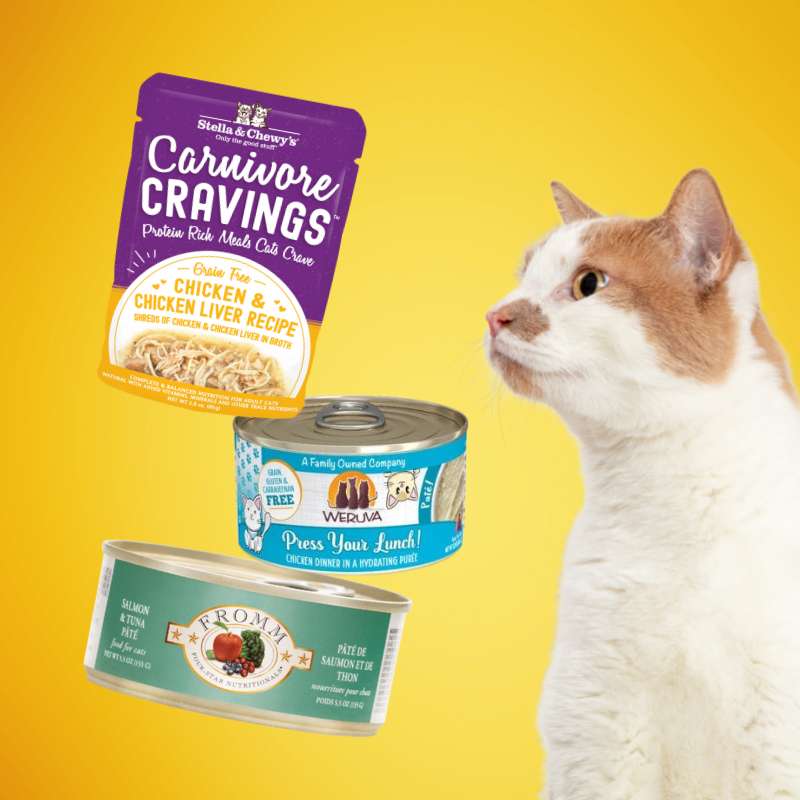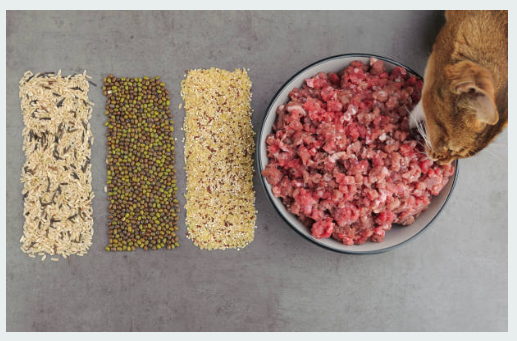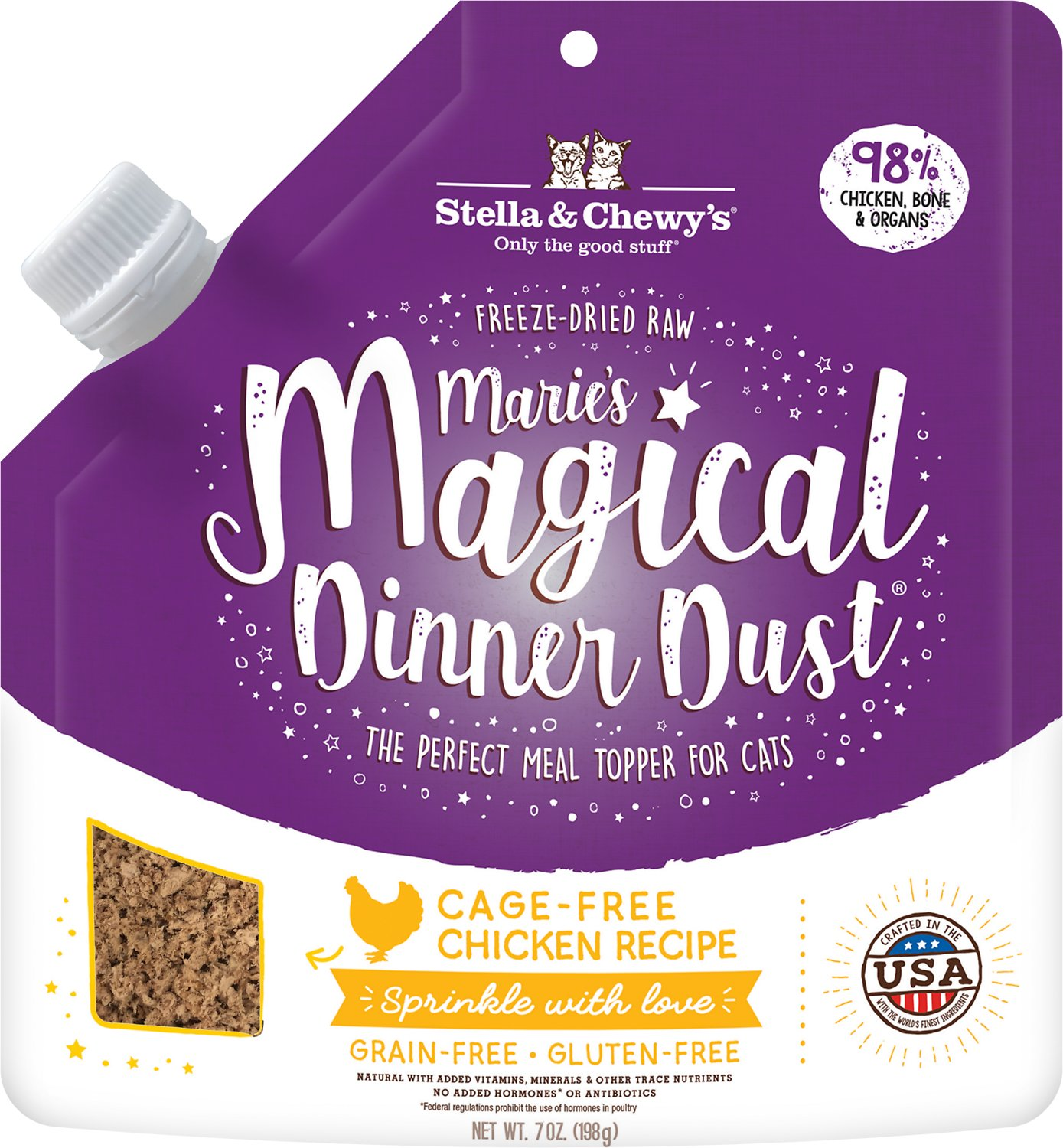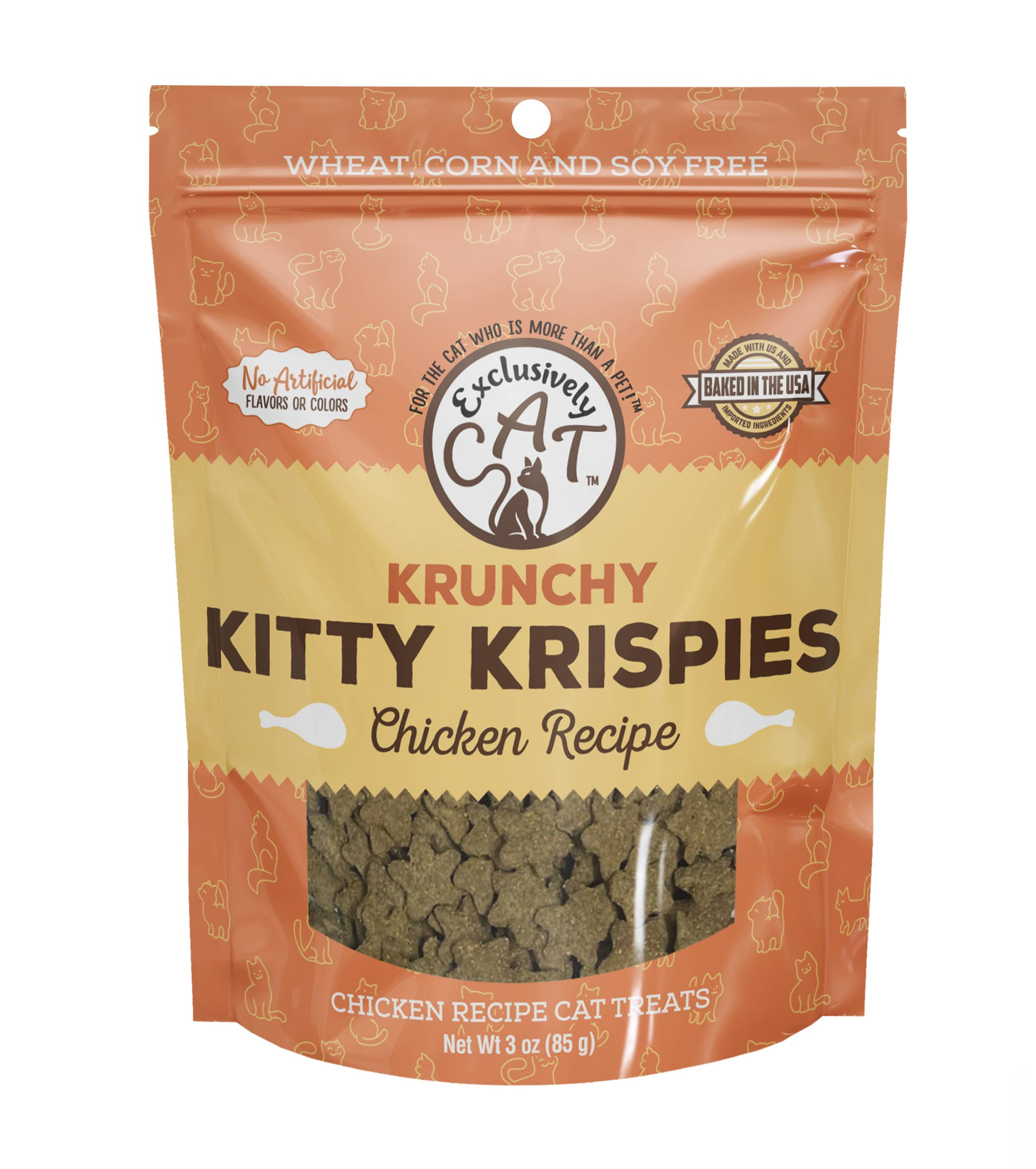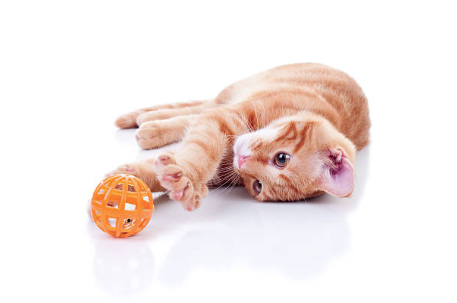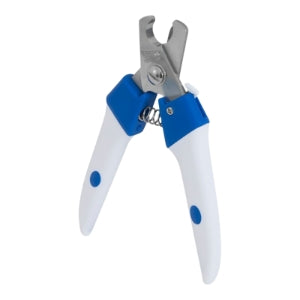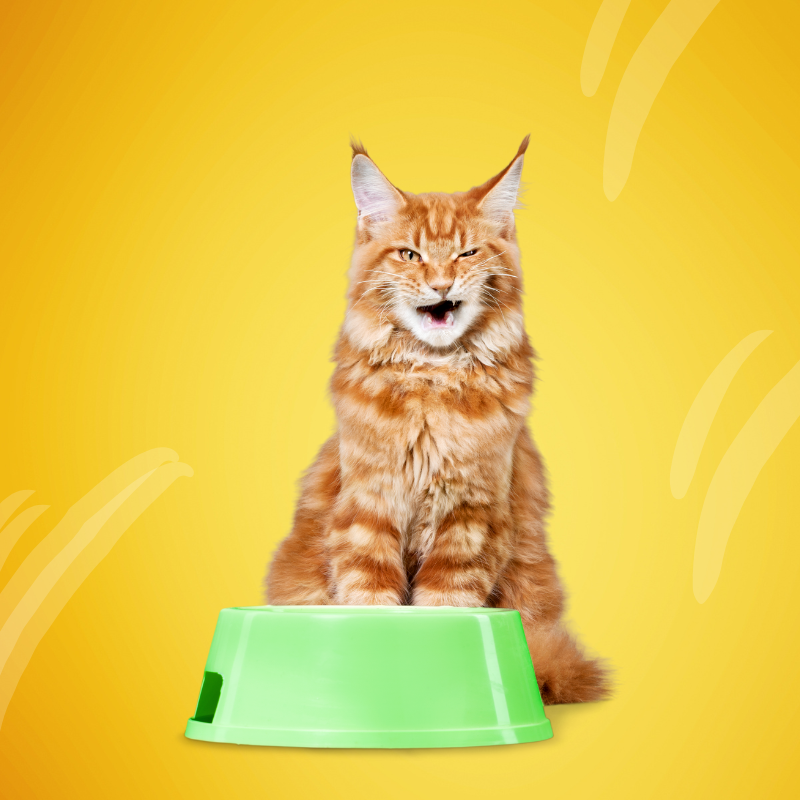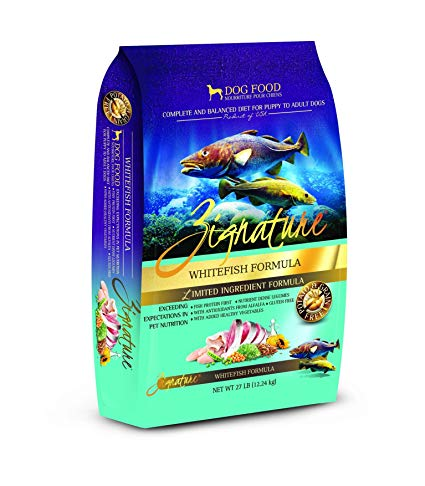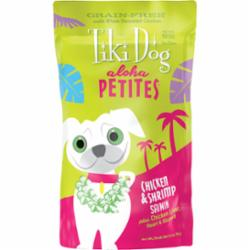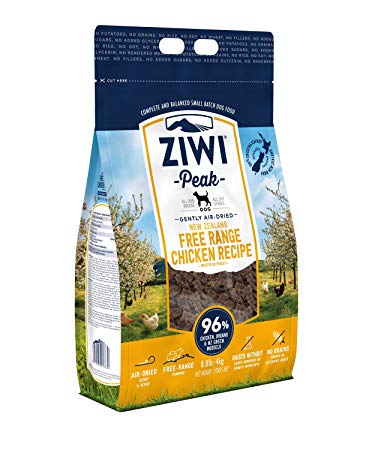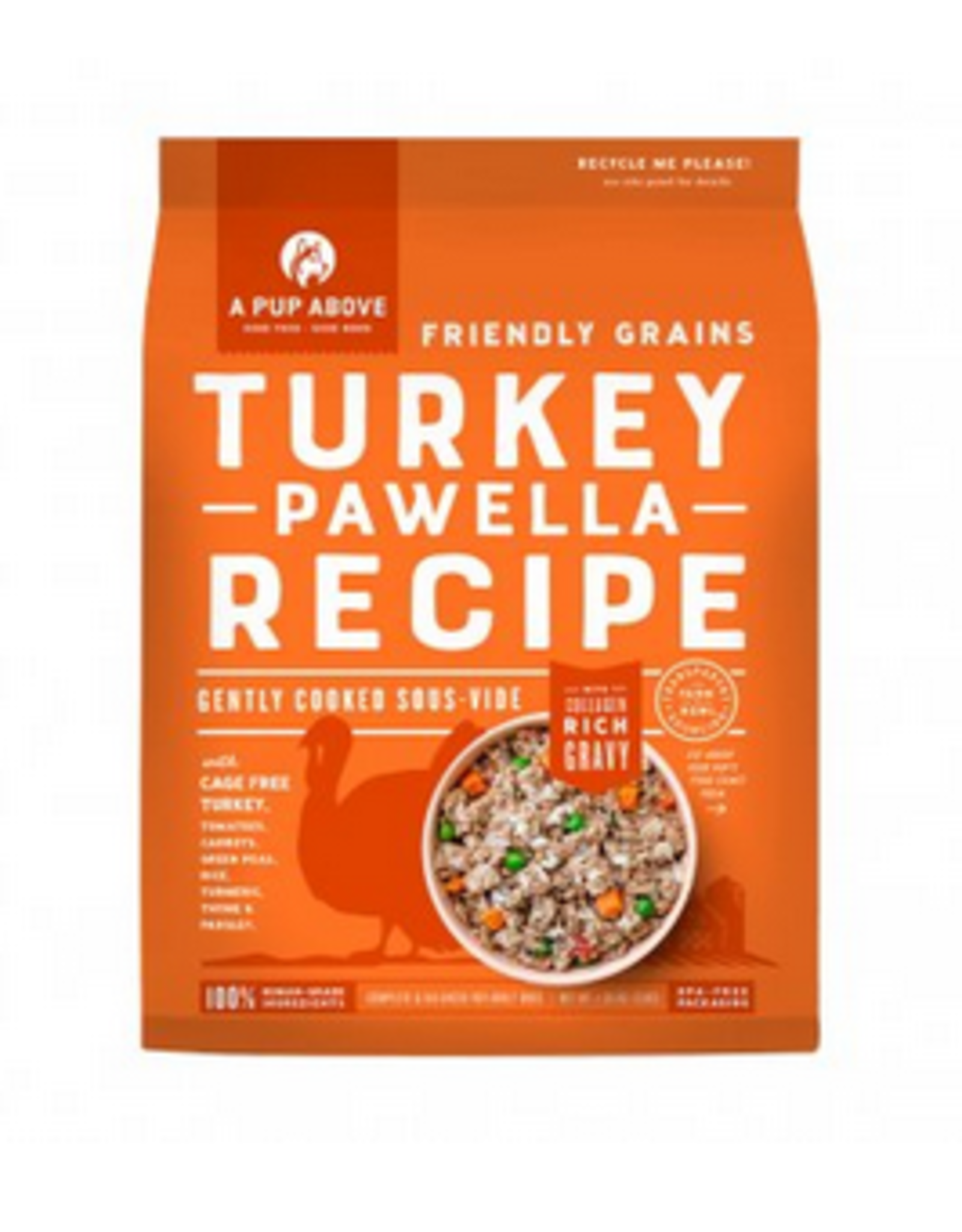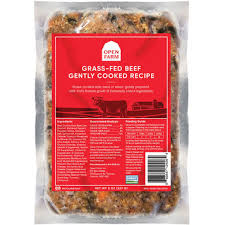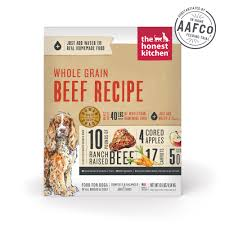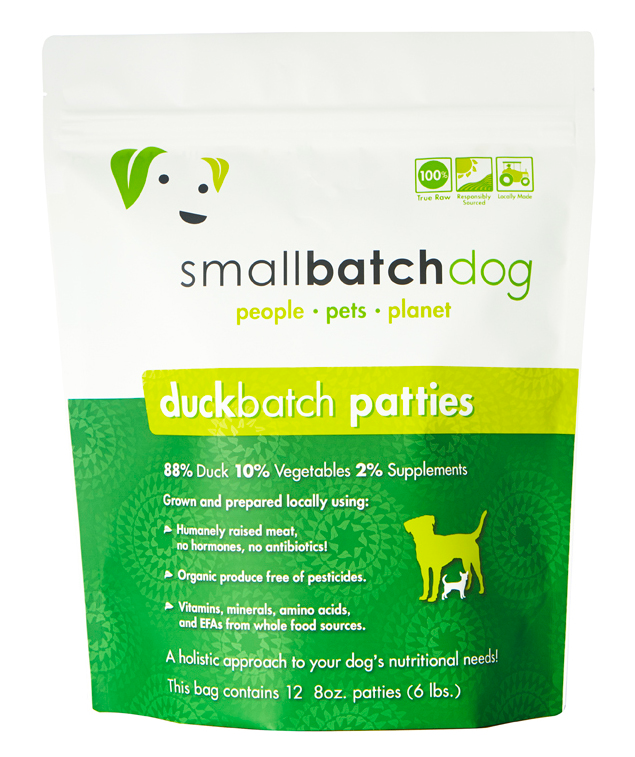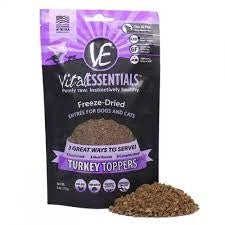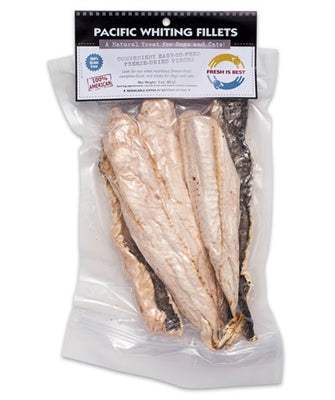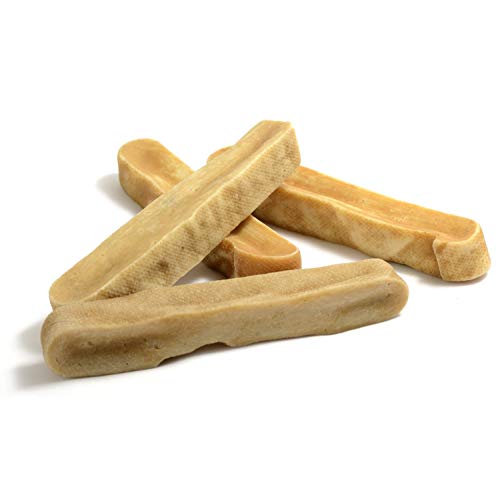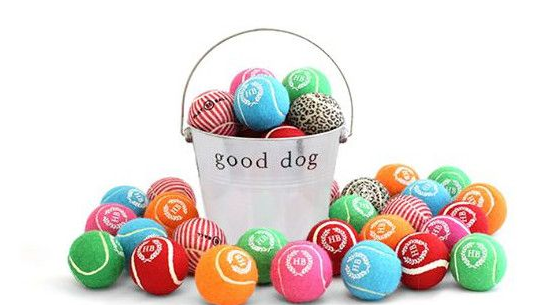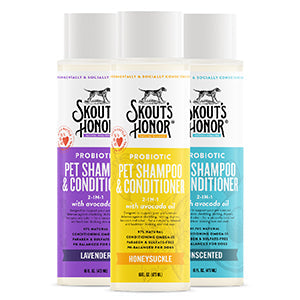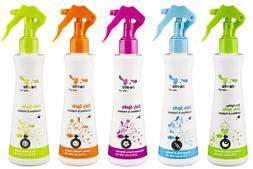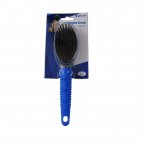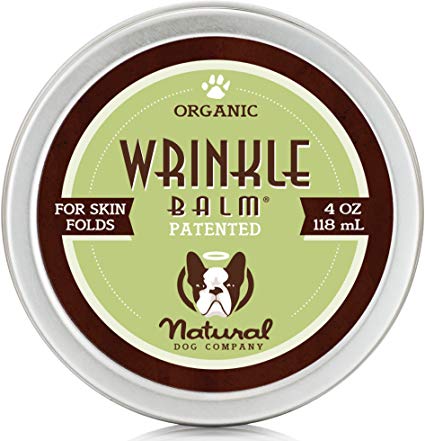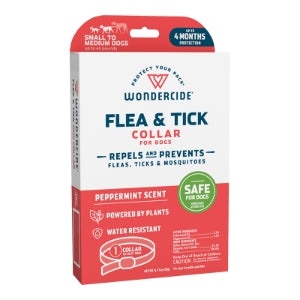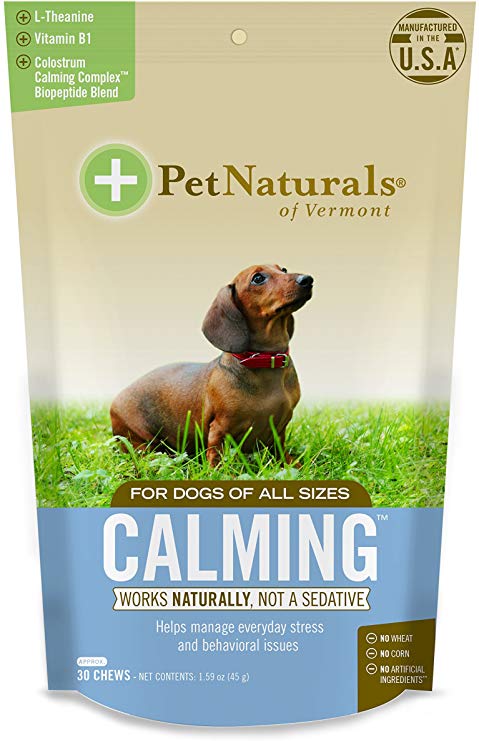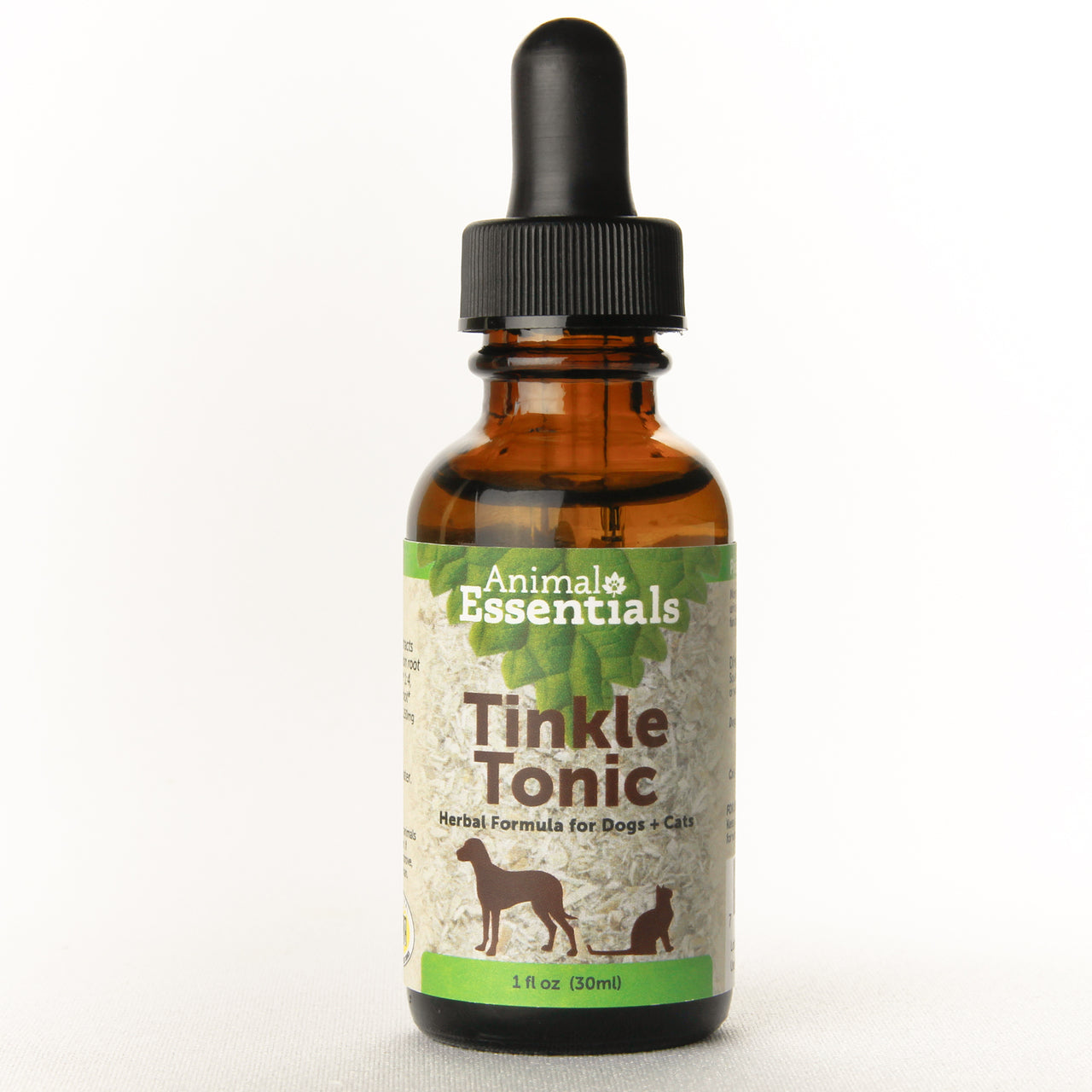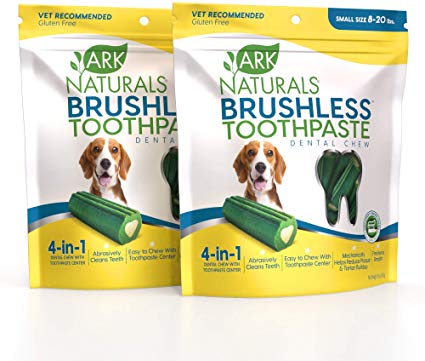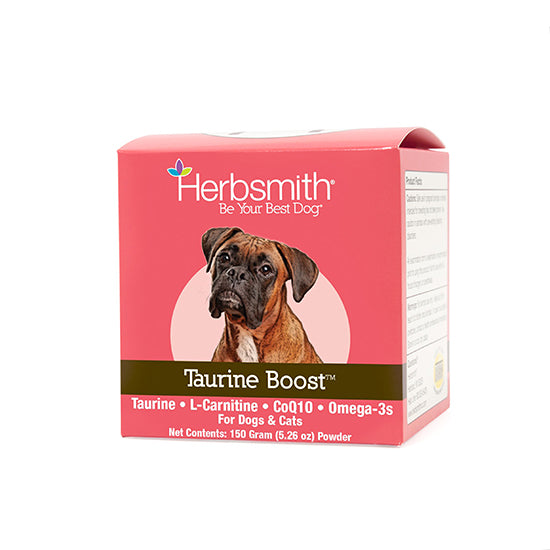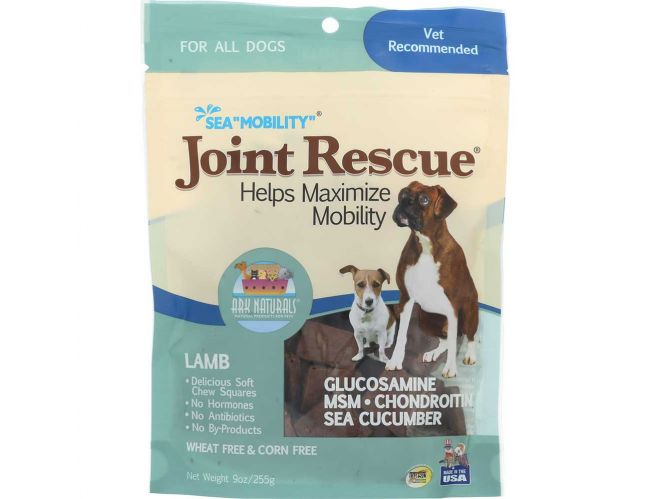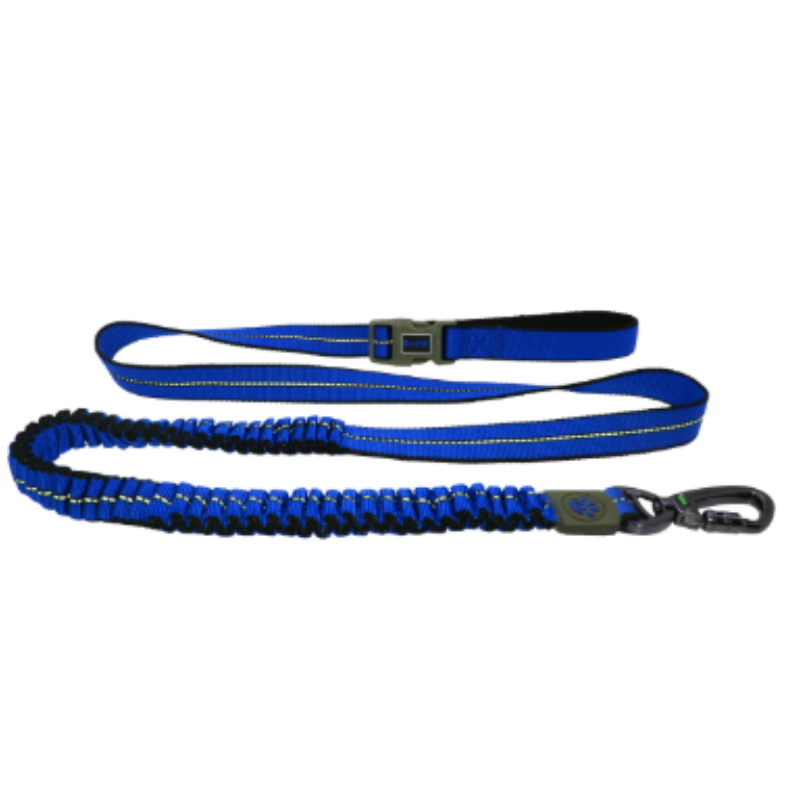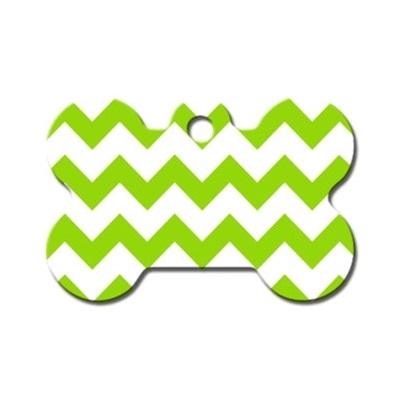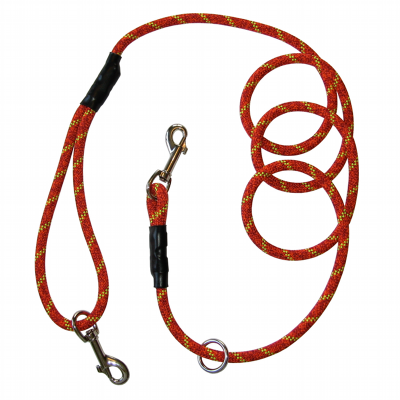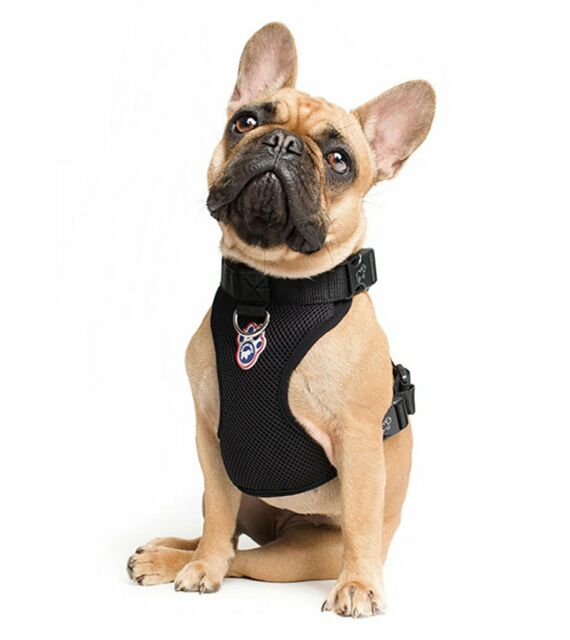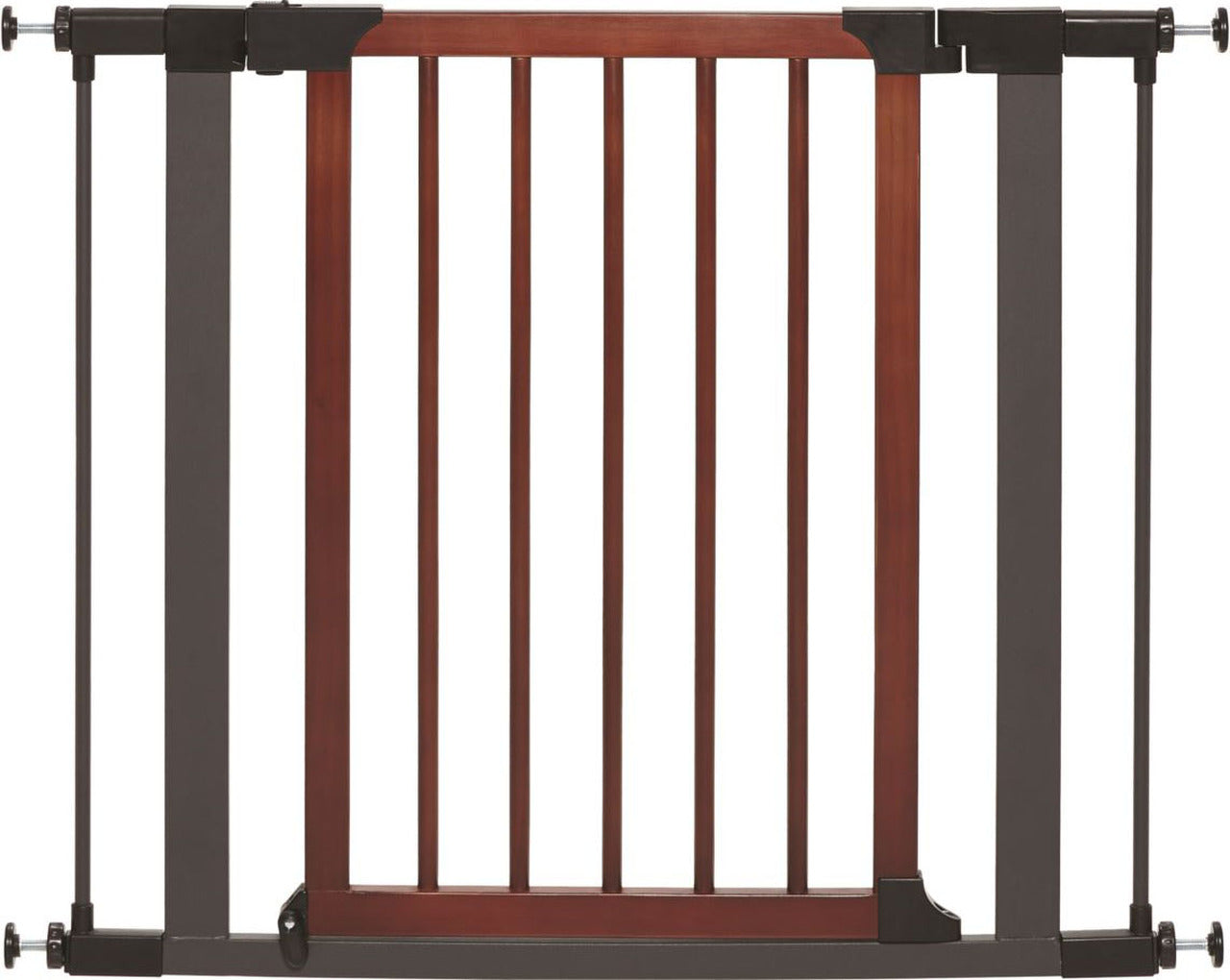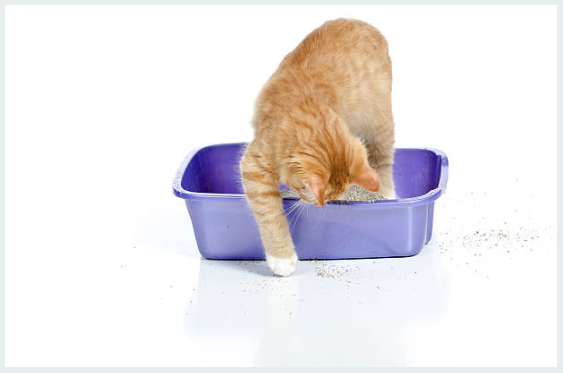As our furry friends age, their nutritional needs change, making it essential for pet owners to pay close attention to their dietary requirements. Seniors need a balanced diet that accommodates their specific health needs, activity levels, and lifestyle. In this comprehensive guide, we’ll explore how to choose the right diet for your senior pets, ensuring they remain happy and healthy well into their golden years.
Understanding the Nutritional Needs of Senior Pets
Just like humans, pets undergo several changes as they age, which can impact their nutritional requirements. Senior pets often experience a decline in metabolism, changes in digestive health, and an increase in various health issues such as arthritis, kidney disease, and obesity. It's important to understand these changes to create a diet tailored to their unique needs.
Key Nutrients for Senior Pets
When selecting a diet for your senior pet, it’s vital to ensure it includes essential nutrients, such as:
- High-quality protein: A source of proteins that supports muscle mass and overall health.
- Healthy fats: Omega-3 and Omega-6 fatty acids that help maintain coat health and support joint function.
- Fiber: Helps with digestion and can prevent constipation, which is common in senior pets.
- Vitamins and minerals: Antioxidants, vitamins A, C, and E, along with essential minerals like calcium and phosphorus are crucial for immune function and bone health.
The Importance of Hydration
Older pets are often at risk of dehydration, so ensuring they have constant access to fresh water is critical. A well-hydrated pet supports kidney function and overall health.
Signs of Dehydration in Senior Pets
Keep an eye out for these signs of dehydration:
- Dry gums
- Lethargy
- Sunken eyes
- Loss of skin elasticity
If you suspect your pet is dehydrated, consult with a veterinarian immediately for guidance.
Finding the Right Type of Diet
Choosing the right type of food will largely depend on your senior pet’s individual health conditions, preferences, and energy levels. Here are some options to consider:
Dry Food vs. Wet Food
Each type of food has advantages. Dry kibble is convenient, typically less expensive, and helps reduce tartar build-up. Wet food, on the other hand, is more palatable, offers higher moisture content, and can be easier for pets with dental issues or those who have lost their sense of smell.
Considering Special Dietary Needs
Many senior pets may require specialized diets based on their health conditions. Below are some common situations:
Weight Management
Obesity is a significant concern in senior pets, as it can lead to severe health problems. If your pet is overweight, consider a specially formulated weight management diet that is low in calories but high in nutrients. Look for options with high protein and fiber to help them feel full.
Joint Health
If your pet is suffering from arthritis or joint issues, diets enriched with glucosamine and chondroitin can promote joint health and alleviate discomfort. Omega-3 fatty acids are also beneficial for reducing inflammation.
Organ Health
Pets with kidney disease often require a lower protein diet. In these cases, consult your veterinarian for recommendations on specially formulated foods that can support kidney function without sacrificing essential nutrients.
Reading Labels: What to Look For
Not all pet foods are created equal. Learning to read pet food labels effectively can help you make informed choices. Consider the following when examining product labels:
Ingredient Quality
The first ingredient should be a quality protein source. Avoid foods with vague terms like "meat by-products" or fillers such as corn and soy that offer minimal nutritional value.
Guaranteed Analysis
This section provides information about the minimum percentages of crude protein and fat and the maximum percentages of fiber and moisture in the food. Look for a food that meets the specific energy and nutritional requirements of your senior pet.
Additives and Preservatives
Avoid any products that contain artificial flavors, colors, or preservatives, as these can have adverse effects on your pet’s health.
Making the Transition to a New Diet
Switching your senior pet to a new diet should be done gradually to avoid digestive upset. Follow these steps:
- Start by mixing a small amount of the new food with their current diet.
- Gradually increase the proportion of the new food over a week until they are entirely switched.
- Monitor your pet for any adverse reactions, such as vomiting or diarrhea.
If these symptoms occur, consult your veterinarian for advice.
Consulting Your Veterinarian
Always consult with your veterinarian before making significant dietary changes, especially if your senior pet has pre-existing health conditions. They can provide tailored recommendations based on your pet's specific needs.
The Role of Regular Check-ups
Regular veterinary check-ups are crucial for maintaining your senior pet’s health. Routine blood tests and physical examinations can help detect nutritional deficiencies and other health issues early on.
A Proactive Approach to Senior Pet Care
Maintaining a well-balanced diet, keeping track of weight, and ensuring your pet stays hydrated are vital components of senior pet care. Beyond diet, consider the following factors:
Exercise and Mental Stimulation
Regular physical activity can help maintain your senior pet’s weight and joint health. Engaging games or gentle walks can boost their mood and cognitive function. For mental stimulation, consider puzzle toys or agility training suitable for older pets.
Dental Care
Oral health can significantly affect your pet’s overall well-being. Regular dental check-ups, along with appropriate dental treats and chews, can help reduce the risk of dental diseases.
Tracking Progress and Adjustments
Monitor your senior pet's progress by observing their energy level, weight, and overall demeanor after dietary changes. Keep track of any changes to their health or behavior, and be proactive in making further adjustments as needed.
The Importance of Consistency
Establish a feeding routine that works for you and your senior pet. Consistency in feeding times can help with digestion and manage their hunger cues effectively.
Empowering Yourself as a Pet Parent
Educating yourself on pet nutrition is a continuous journey. Stay informed about the latest research and trends in pet food and nutrition. Taking the time to learn will not only enhance the quality of your senior pet's life but also empower you to make the best choices for their health.
Navigating the World of Pet Food Market
With an abundance of options on the market, it can be overwhelming to find the right food for your senior pet. Look for reputable brands that prioritize quality ingredients and transparent sourcing. Join pet owner communities or forums to gain insights from other responsible pet parents sharing their experiences.
Finding the Right Balance
A happy and healthy senior pet thrives on an ideal balance of nutrition, exercise, and love. By tailoring your senior pet's diet to meet their unique needs, you can give them the best chance at a long and fulfilling life.
Let’s Keep Our Furry Friends Happy and Healthy!
As a pet owner, your goal is to provide the best life possible for your beloved companions. By investing time in understanding their dietary needs and actively seeking out the best nutrition plans, you contribute to their longevity and well-being. Cherish these precious moments with your aging pets, and be their advocate in all aspects of health, happiness, and vitality. Together, we can pave the way for a joyful and vibrant life for our senior pets!


